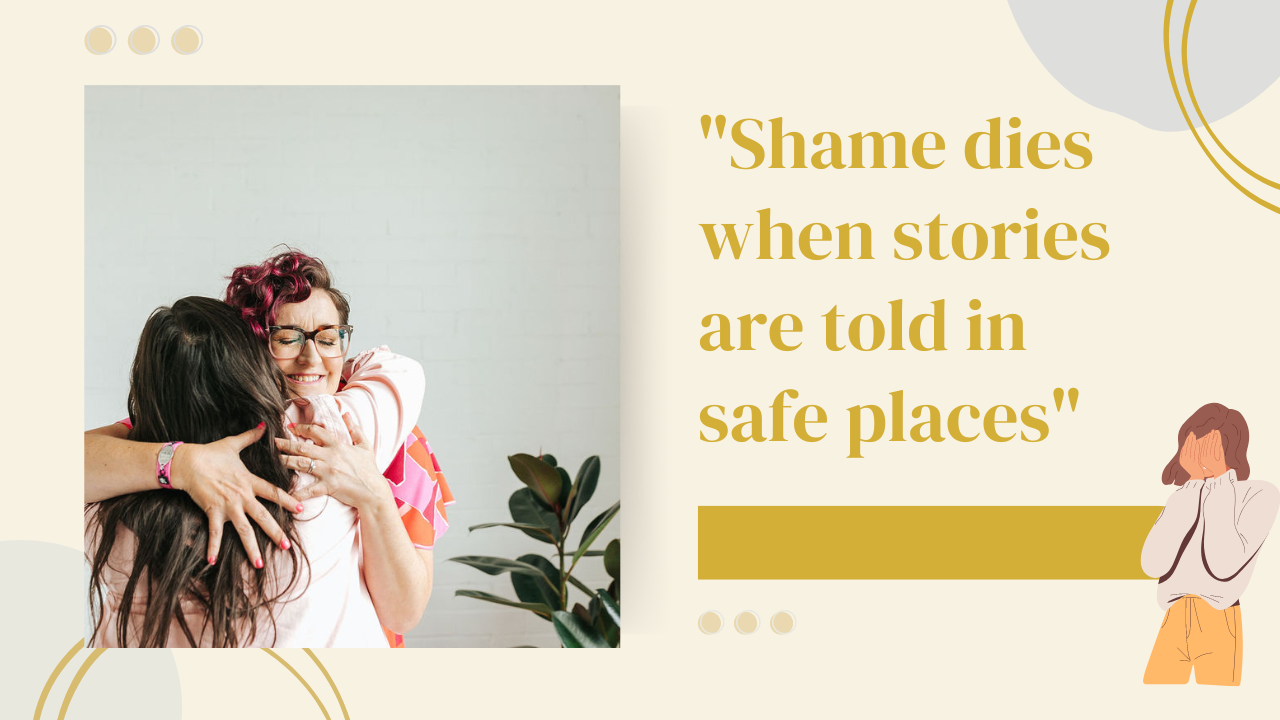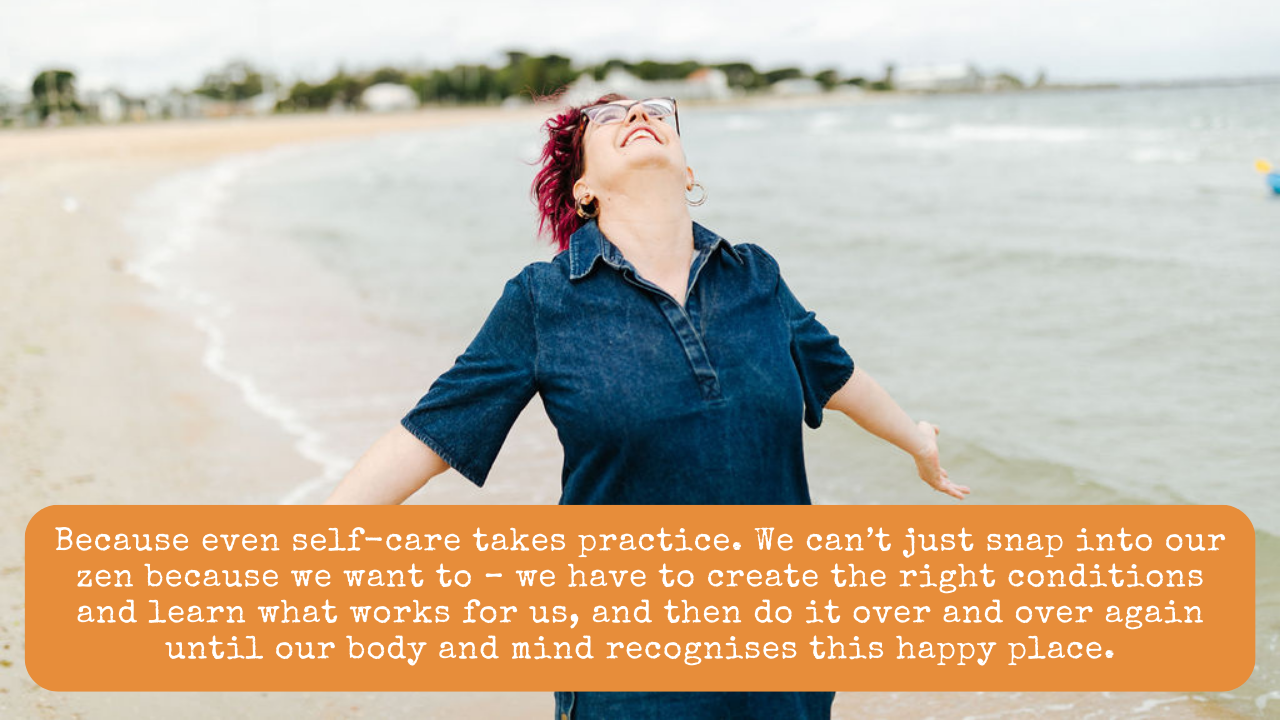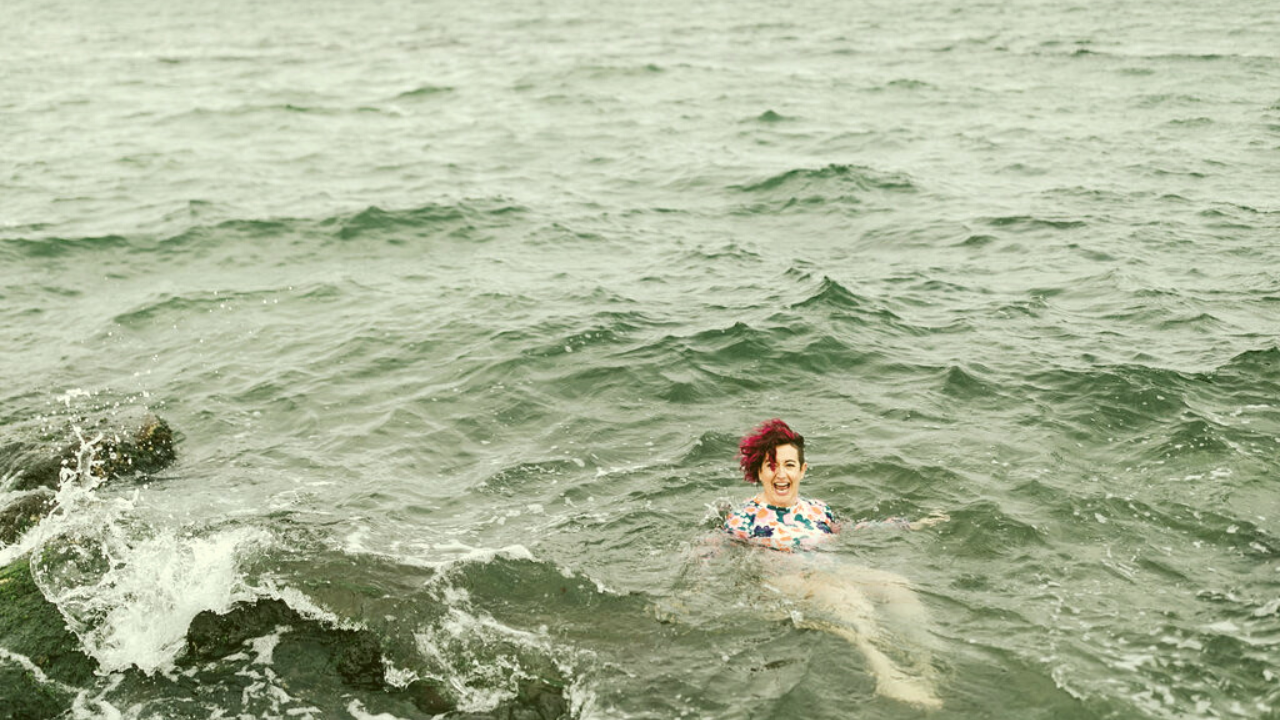Understanding Autistic Burnout: Insights from Autism Advocate Viv Dawes

Autism advocate Viv Dawes has made it her mission to increase understanding of autistic burnout through her advocacy work and books. In our recent podcast interview, Viv provided invaluable insights into what autistic burnout truly entails based on both her personal experiences and helping many others who have experienced severe burnout.
Viv began by explaining that autistic burnout goes beyond just feeling exhausted. For some individuals, it can involve hallucinations, feeling in a constant "fight or flight" state, and exhibiting manic-like symptoms. This goes against the common misconception that burnout simply means needing a few days to rest and recharge. For autistic individuals, burnout can plunge them into crisis and feel completely unable to function.
One of the leading causes of burnout, according to Viv, is the act of masking. Masking refers to autistic people shaping themselves to fit neurotypical social norms by suppressing their autistic traits and behaviours. However,...
Intention and Alcohol Freedom in Midlife

Today, I want to take you on a journey—a journey to redefine your relationship with alcohol in midlife. In this blog, we'll unpack the insights from my recent podcast episode on "Midlife AF," where I talk about intention, creativity, and self-awareness. Along the way, I'll introduce you to a magical tool, the "Your North Star Visualisation Audio," to kickstart your own path to alcohol freedom.
So, let's start where it all begins—with intention. In midlife, intention is like a guiding star. It helps us make mindful choices, especially when it comes to our relationship with alcohol.
Visualisation and Goal-Setting
Next, let's dive into visualisation. I share how a simple visualisation tool changed my life. It helped me navigate a tough career moment and find clarity.
Neurodiversity, Trauma, and Self-Awareness
Understanding ourselves is crucial. I talk about neurodiversity, trauma, and the importance of emotional intelligence. It's about being kind to yourself and...
Understanding Interoceptive Awareness: A Key to Improved Mental Health

In a recent podcast interview with Dr. Emma Goodall, we delved into the fascinating world of interoceptive awareness and its profound impact on mental health. Emma is, an autistic researcher and author, has dedicated years of her life to understanding this concept, and her insights shed light on why it's crucial for everyone, especially those facing mental health challenges, to grasp the significance of interoception.
What is Interoceptive Awareness?
Interoceptive awareness, as Emma explains, is our ability to recognize and accurately interpret the signals our body sends us from within. These signals encompass a wide range of sensations, including temperature, heart rate, muscle tension, and more. When we're attuned to these internal cues, we can respond to them appropriately.
However, various factors can affect our interoceptive awareness. For neurodivergent individuals, like those with autism or ADHD, or individuals who have experienced trauma, interoception may be impaired. This...
My Midlife Awakening

Let’s dive into a phenomenon I like to call the "Midlife Awakening." It's a journey of radical transformation, a shedding of societal expectations, and an embrace of authentic empowerment. Join me as we explore the intricacies of this experience and its profound impact on our lives.
A Time of Liberation and Transformation
Picture this: a moment when you cast aside old habits, obligations, and expectations like discarded shoes. This is the essence of the awakened woman, a concept beautifully articulated in Dr. Shefali Tsabary's poem, "The Time of the Awakened Woman." It captures the essence of a pivotal juncture in a woman's life—a moment when the allure of others' approval fades into insignificance, replaced by an unwavering pursuit of self-discovery. It's the time when fitting in with the crowd loses its charm, making way for an inward journey towards authenticity and personal truth.
Embracing Authenticity: A Journey Within
This journey into the midlife awakening is a...
Embracing Midlife and Artistic Expression

Today, I want to share a personal story close to my heart—one that delves into the realms of creativity and the unexpected relationship between our alcohol-free choices and self-expression. As an avid believer in the power of creative expression, I've had the privilege of speaking with incredible individuals from all walks of life. One such conversation touched upon a unique aspect—the interplay between creativity and being alcohol-free.
The Revelation
In a recent conversation with Annabel Stewart, we explored the complexities of addiction and the struggle to let go of harmful habits. Annabel spoke candidly about her journey towards being alcohol-free, which opened up a new world of possibilities for me. She shared, "It's been months and months of trying to work out why I couldn't just stop because I'm quite good at doing what I want. And I couldn't seem to."
The realisation that addiction can be deceiving, presenting itself as a choice when, in reality, it's a subtle...
Wake Up Barbie: Breaking Free from the Trance of Patriarchy and Alcohol

I'm so excited to share with you some incredible insights from my recent experience with the Barbie movie. Yes, you heard that right! I went to see Barbie with my kids, and it turned out to be more than just a fun movie outing. It sparked some profound reflections on life, patriarchy, and our relationship with alcohol.
As I've been reading the book "Radical Awakening" and delving deeper into the work of Gabor Maté and This Naked Mind, I've noticed an incredible synchronicity of themes with the movie's powerful message about the patriarchy's impact on women.
In the film, America Ferrrera delivered a captivating monologue that hit home for me. It highlighted the ways women often turn to alcohol as a coping mechanism because they feel the weight of the world and the need to suppress their true selves. This resonated deeply with me, and I know it will resonate with many of you too.
It's amazing how interconnected all this is. The movie, the book, the works of Gabor Maté,...
"Shame dies when stories are told in safe places"

Clearing away the empties after a big night, I’ve sometimes considered scribbling out the ABV % and instead pencilling in the measure of my shame, on a scale of 1 to 10.
Let’s just say, a ‘1’ was never in the running.
A whole bottle of wine + five gins = one deeply private overshare, gallons of tears and at least 24 hours of deepest depression.
Little mental calculations flying everywhere. Like ‘yes it was bad, but next time I’ll drink more water’, or ‘if I’d stopped at the wine everything would have been fine…’
Fundamentally though, those sums are all underpinned by the belief that giving up alcohol would be a socially or personally unsurvivable loss.
Remarkable, isn’t it?
Alcohol is actually thought to affect around 50 different neural mechanisms, most significantly:
- by increasing the uptake of a neurotransmitter called GABA, it reduces stress … by acting basically like a...
We’re serving the world well, just not ourselves

Oh the luxury of knowing that silly season is behind us for another year.
Gleefully we dump the mince pies, donate the weird gifts and vacuum up every last vestige of tinsel. It feels a touch Scrooge-like to be so relieved to see the back of such a ‘special’ time.
Except it’s not. It’s only bloody reasonable.
Most of the joy was sucked from Christmas when we became adults…. FEMALE adults.
Because here we are, somehow almost entirely responsible for delivering the full Christmas experience – with giving our children all the sparkle and delight, with juggling family and in-law relationships, usually with cooking and (99 times out of 100) shopping resting entirely on our plates.
And then we wonder why we’re miseries; why it takes a gallon of alcohol to make us *joyful* and to lubricate our way through the season.
We’re miseries because there is nothing merry and bright about being the Christmas workhorse…
It...
Mama, just killed a man

Ok I didn’t actually kill anyone, but if deathly thoughts counted for anything he’d be pushing up daisies right about now….
And it was only partly his fault.
The other part was mine. My self-care routine was knocked out of whack so, instead of re-defining it, I let it slide. So, there I was, with all of life’s usual pressures and dramas, and without my outlet – my safe space and time to unwind and process.
It was not pretty. But I learned from it.
From now on, I will kill FOR my self-care time, not because of the lack of it.
I’m joking!!!
Jokes aside, what I did learn is that, since creating that time for myself, I am so much more able to navigate the peaks and troughs of work and relationships, and without it I’m a little bit at sea. That time is, in the scheme of things, just a few moments, but it works wonders for my wellbeing.
Because I don’t want to be a reactive, dramatic person – most of us have no desire to...
Is fear of failure holding you back?

Deciding to ditch alcohol can feel like a HUGE statement.
‘Oh God, everyone will think I’m a raging alcoholic’, or maybe ‘if I say I don’t drink, but then I start again, I’ll have failed’.
Those thoughts can be crippling.
But sometimes we set our goals too specifically, and in doing so we talk ourselves out of them before we’ve even got off the starting blocks.
What if the goal wasn’t to ditch the booze, but to find better ways to self-care, to self-soothe, to show yourself a whole heap of self-love?
Because, ultimately, it’s kinda the same thing.
Changing your relationship with alcohol doesn’t mean you have to tip everything down the sink in a blaze of ‘new me’ defiance (although you can if you want). It can just mean thinking, observing, nurturing, and then plotting a new path as all that understanding unfolds.
Big old lines in the sand can give us a tremendous kick when they work, but...

